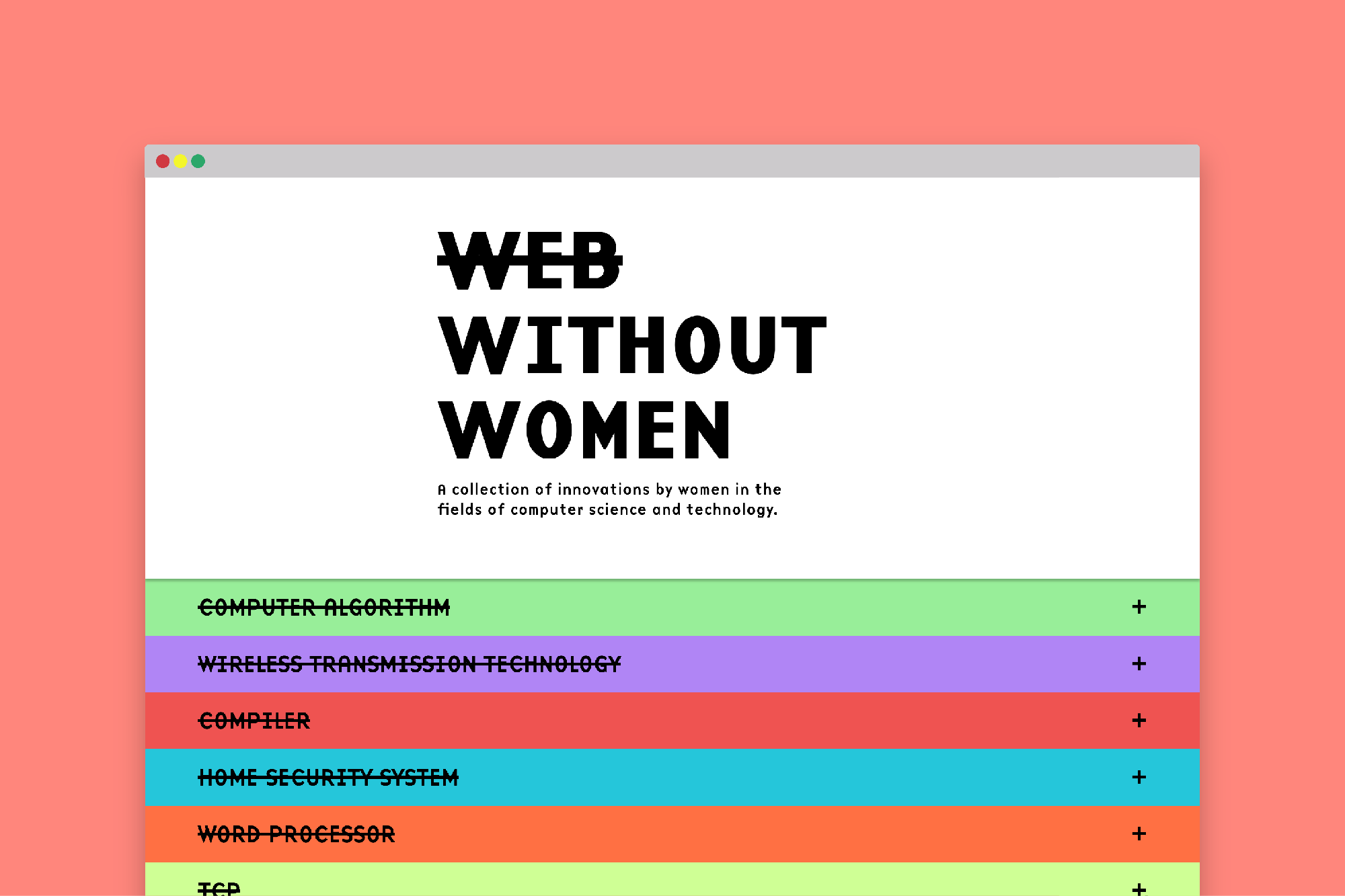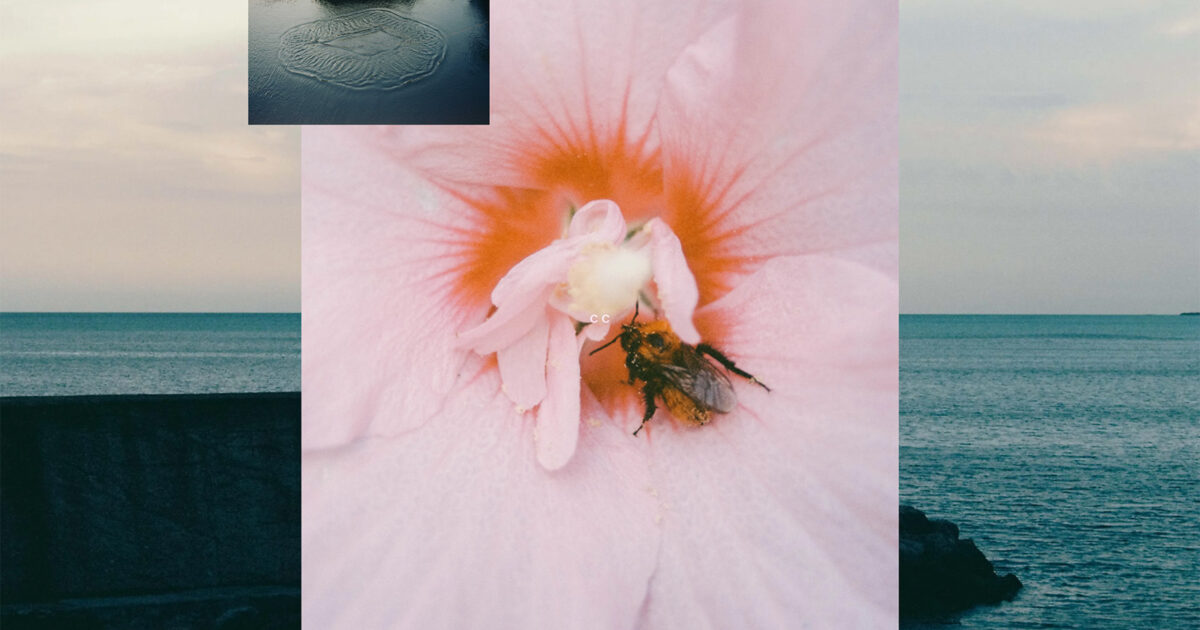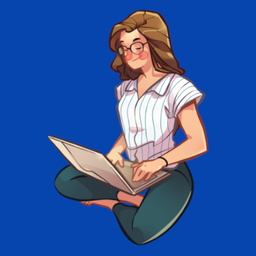We can have a different web
I spotted this via my pal Imran Ali.
Lots of things I share here bemoan the current state of 'the web', often harking back to 'the good old days'.
In this post, Molly White (a sharp critic of AI and more generally 'web3') points out that a different, better web is still possible, perhaps moreso than it ever has been.
"Social networks have become “the web” for many people who rarely venture outside of their tall and increasingly reinforced walls. As Tom Eastman once put it, the web has rotted into “five giant websites, each filled with screenshots of the other four”.1 Within those enclosures, the character limits, neutered subset of web functionality, and constant push to satisfy the enigmatic desires of an algorithm tuned to keeping eyeballs on the platform encourage sameness, vapid engagement farming, and rage bait while stifling creativity. [...]
Nothing about the web has changed that prevents us from going back. If anything, it's become a lot easier. We can return. Better, yet: we can restore the things we loved about the old web while incorporating the wonderful things that have emerged since, developing even better things as we go forward, and leaving behind some things from the early web days we all too often forget when we put on our rose-colored glasses."

No web without women
This site shares the stories of the women behind many of the key technologies that underpin the internet and modern computing in general.
It encompasses everything from the algorithm (Ada Lovelace) to the web browser (Nicola Pellow), VR film-making (Jessica Brillhart), and PC games (Roberta Williams).

Essays on digital
I commissioned six essays that were included in the printed programme for the Digital Works Conference last month, we've now published them all on the Substrakt website and I think they're well worth a read.
I'll include one a week for the next six weeks because no-one has time to read all six at once, here's the first from Rachel Coldicutt in which she makes the case that cultural organisations should be seeking out, working with, and supporting artists and creatives who are already comfortable and working with "the digital" rather than just endlessly chasing the next technological trend:
Passports to the possible
"It doesn’t matter how extended your reality is, how intense your virtual perception, how advanced your graphics may be – none of that matters if you don’t have something to share. [...] Digital platforms and technologies mean that access to an audience is no longer restricted by who you know, who your dad went to school with, or whether you can afford to do an unpaid internship – but access to institutional support to enable and nurture people is in short supply, and work that is neither traditional nor highly technological can slip through the cracks."
Rachel Coldicutt OBE is the Founder and Exec Director of Careful Industries.
20 Best New Websites, May 2024
It's always interesting to keep half an eye on where web design trends are heading, a good way to keep tabs on this is to check out the 'best of' roundups that are shared most months.
There's a real mix of stuff in this particular roundup, from quite annoying (in my view) web3-aesthetic things through to (also quite annoying) interactive things, alongside some (in my view, much nicer) clean, image-led examples.

Future thinking in anxious times
This is a good piece from stby.
Whilst it is primarily focused on working on big 'future thinking' projects, I think there are a number of observations and insights in this that can be applied to any project that involves thinking about change.
"Another useful design research approach is to focus on reframing the narrative and encouraging participants to reinterpret their anxieties about the future in more constructive ways. This can be done through exercises like storytelling, visioning exercises, and creative writing techniques. By engaging in these types of activities, participants can explore alternative perspectives that help them see a future where they are resilient and capable of overcoming challenges. These exercises help shift the focus from a place of fear and anxiety to one of resilience and empowerment."

Social Media Nightmares
A recent study has found a link between social media use and the increased likelihood of social media-related nightmares.
This study, by the College of Education, Psychology and Social Work at Flinders University in Australia, has also introduced a new scale which sounds like something from a Terry Gilliam film, the Social Media Nightmare-Related Scale (SMNS), can quantify "how social media could contribute to our nightmares"...
"“Our study introduces the concept of social media-related nightmares, which are defined as nightmares that involve social media-related themes, such as cyberbullying, online hate or excessive social media use,” says Mr Shabahang.
“Whilst social media-related nightmares are relatively rare, those who use social media more during their daily lives are more likely to have social media-related nightmares that are associated with negative mental health outcomes, such as anxiety, depression, and sleep quality.
“This study provides insights into the complex relationships between social media use, mental health, and sleep quality,” he says."

Thread of childhood artworks by famous artists
When we worked with the Royal Academy on their Young Artist Summer Show I was completely astounded by the quality of the artworks that were submitted by children as young as 7 or 8 years old.
Maybe this is because, as a child (and still today) I have little to no visual artistic talent.
Anyway, here's a great thread of artworks that were created by famous artists as children, they're all very impressive.
Thread of childhood artworks by famous artists 🧵
— James Lucas (@JamesLucasIT) May 21, 2024
1. Edward Hopper, 9 years old pic.twitter.com/NNFjeA0tay
English teacher corrects trolls' grammar
And last but not least...
@wisely.done Replying to @Mark the Shark
♬ original sound - Wisely Done.









